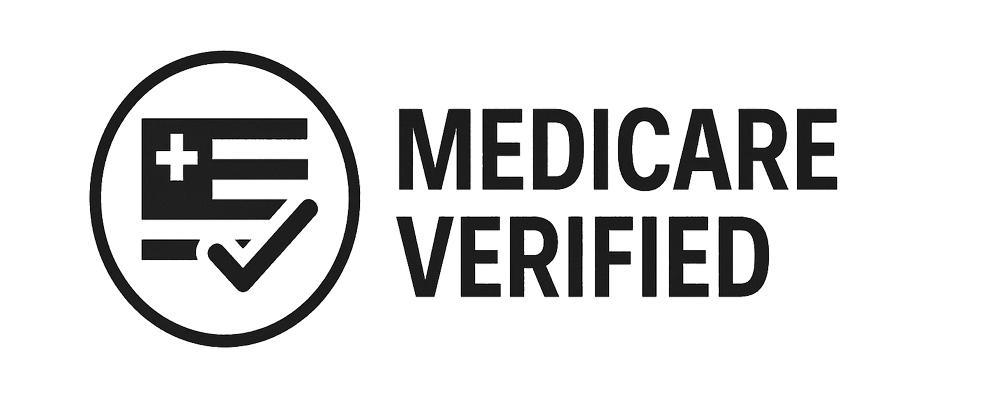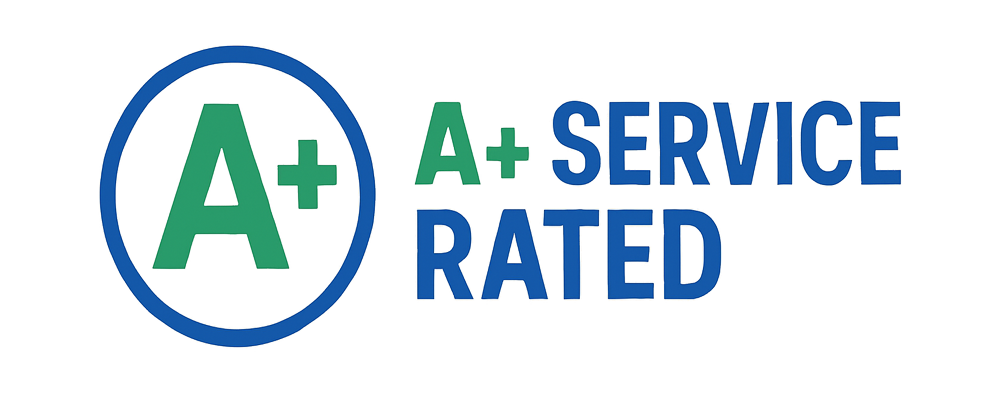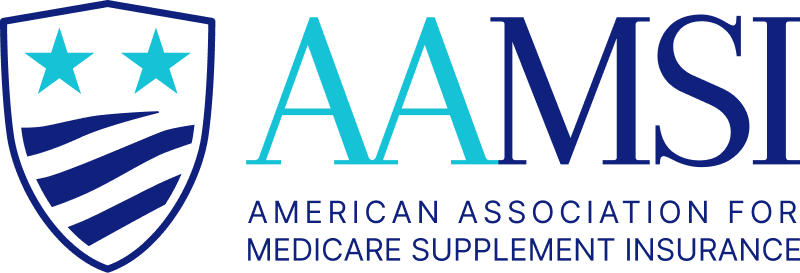Find A Medicare Agent Near You
Search your ZIP code to find trusted Medicare agents near you—ready to guide you through eligibility, plan choices, and what you can expect to pay.
Trusted by Thousands of Seniors Nationwide


Grow Your
Medicare Business

Grow Your Medicare Business
Agents – Grow your Medicare business with qualified leads. Join our nationwide directory to get discovered by seniors searching for trusted local help.
Find The Right Medicare Supplement Plan For You
Medicaresupp.org helps consumers compare Medicare Supplement plans and connect with licensed agents in their area. By entering a ZIP code, users can explore coverage options, understand costs, and get personalized help from trusted professionals.

Step 1: Search
Start by entering your ZIP code to instantly access a list of Medicare
Supplement plans and licensed agents available in your area. No commitment,
just clear options tailored to where you live.

Step 1: Search
Start by entering your ZIP code to instantly access a list of Medicare
Supplement plans and licensed agents available in your area. No commitment,
just clear options tailored to where you live.

Step 1: Search
Start by entering your ZIP code to instantly access a list of Medicare
Supplement plans and licensed agents available in your area. No commitment,
just clear options tailored to where you live.
Do I have to pay to use this service?
Will I be contacted by multiple agents?
What’s the benefit of speaking with a local Medicare agent?

Are You a Licensed Medicare Agent?
Join our trusted national directory and get discovered by consumers actively searching for Medicare help in your area. A listing helps you build credibility, generate quality leads, and grow your book of business—all without cold calling.

Search For A Licensed Medicare Agent In Your State
Find trusted Medicare agents who serve your area and can help you explore plan options, understand your coverage, and feel confident in your decisions. All agents are licensed and ready to guide you every step of the way.
- Alabama
- Alaska
- Arizona
- Arkansas
- California
- Colorado
- Connecticut
- Delaware
- Florida
- Georgia
- Hawaii
- Idaho
- Illinois
- Indiana
- Iowa
- Kansas
- Kentucky
- Louisiana
- Maine
- Maryland
- Massachusetts
- Michigan
- Minnesota
- Mississippi
- Missouri
- Montana
- Nebraska
- Nevada
- New Hampshire
- New Jersey
- New Mexico
- New York
- North Carolina
- North Dakota
- Ohio
- Oklahoma
- Oregon
- Pennsylvania
- Rhode Island
- South Carolina
- South Dakota
- Tennessee
- Texas
- Utah
- Vermont
- Virginia
- Washington
- West Virginia
- Wisconsin
- Wyoming

Popular Search Areas
- Medicare Agents in Phoenix, AZ
- Medicare Agents in Miami, FL
- Medicare Agents in Denver, CO
- Medicare Agents in Austin, TX
- Medicare Agents in Seattle, WA
- Medicare Agents in Chicago, IL
- Medicare Agents in Houston, TX
- Medicare Agents in San Diego, CA
- Medicare Agents in Orlando, FL
- Medicare Agents in Atlanta, GA
- Medicare Agents in Philadelphia, PA
- Medicare Agents in Las Vegas, NV
Explore Medicare Insights & Agent Resources
Stay informed with helpful guides, expert tips, and frequently asked questions—whether you’re comparing Medigap plans or looking to grow your Medicare business. Our latest articles are packed with practical advice for consumers and licensed agents alike.

Is Medigap Available If Your Medicare Advantage Plan Terminates
Frequently Asked Questions
Do I have to pay to use this service?
Will I be contacted by multiple agents?
What’s the benefit of speaking with a local Medicare agent?

What Our Users Are Saying







